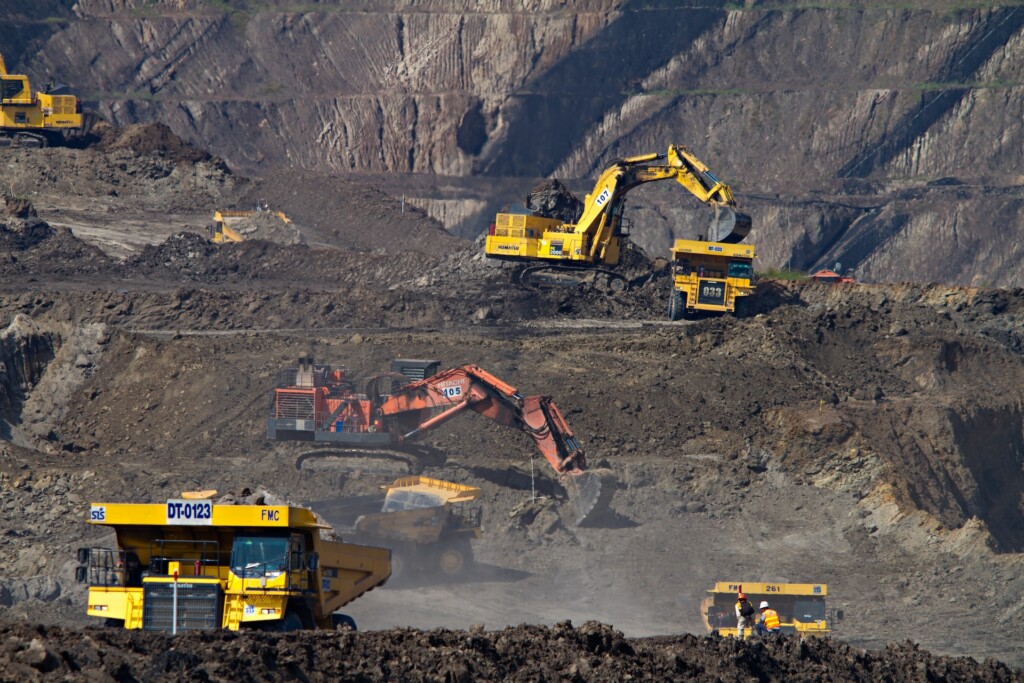

New law introduces important changes to Brazil’s mining sector
As well as relaxing the existing state monopoly on nuclear minerals, Law No. 14,514/2022 extends exploration license terms, and allows for more types of mineral rights to be used as collateral
Subjects
On December 29, 2022, outgoing President Jair Bolsonaro approved Law No. 14,514, introducing a series of important changes to the Brazilian mining sector. The changes mainly regard provisions applicable to specific circumstances where private companies may conduct activities involving nuclear minerals in association with the state-owned company Indústrias Nucleares do Brasil (INB), thus somewhat relaxing the Brazilian state’s monopoly over such minerals.
Before being passed into law, most of these changes already featured in Provisional Measure No. 1,133, which was enacted in August 2022. We published our comments on this matter at the time, which can be read by clicking here.
However, Law No. 14,514/2022 is not merely the result of converting the provisional measure into law. Other provisions were added to the bill while it was discussed in Congress, which also represent very relevant changes for mining sector players.
Extended terms for exploration
The first change that should be mentioned concerns the extended term for mineral exploration. Previously, the terms went for between one and three years, extendable for an equal period. The new law has extended the exploration license term to four years – a more reasonable timeframe, given the complex nature of mineral exploration, which regularly requires substantial investments and years of work to identify and map out a mineral resource.
In principle, the four-year term is extendable for another four years, provided certain conditions are met. It is better aligned with the realities of mineral exploration and responds to longstanding demands from the sector.
Using mineral rights as collateral
Law No. 14,514/2022 introduces the possibility of using a wider range of mineral rights as collateral in financing transactions. This amendment represents another long-awaited measure that should allow mining sector companies greater access to financial resources.
It must be said that Article 55, paragraph 1 of Brazil’s Mining Code (Decree-Law No. 227/1967) already provided for the creation of security interest on mineral rights. However, in 2021, the Brazilian Mining Agency’s (ANM) Resolution No. 90 adopted a position that the Attorney General’s Office established many years ago (erroneously, in our opinion – please click here to read our comments on the resolution), which set strict limits on the types of mineral rights that could be put up as collateral, only allowing mining concessions and mine manifests (manifestos da mina – an old form of mineral rights deriving from land ownership) to be subject to security interest.
The new law now adds Article 92-A to the Mining Code, which expressly states that as well as the aforementioned mineral rights, titleholders may also offer their exploration licenses, industrial minerals license registrations, garimpeira permits, and those rights transitioning from exploration to mining as forms of collateral for obtaining financing.
In line with this new provision, projects that are yet to reach a very advanced stage may be able to access financing more easily, as those who finance such projects often demand the mineral rights linked to each project as collateral. Previously, the inability to provide this collateral would limit companies’ access to financing or result in more costly transactions, as the increased risk for the financing parties would be factored into the conditions of each transaction.
Other key changes
Furthermore, Law No. 14,514/2022 has also introduced the following changes:
- If a company relinquishes its exploration license, the ANM is permitted to waive (in exceptional circumstances) the requirement of an exploration report on the work conducted by the titleholder. The criteria for determining such circumstances must still be defined;
- In applications for mining concessions, interested parties now have the option to present either proof of funds or a commitment to obtain funds for conducting the work provided for in the mine development and operation plan – subject to ANM regulation;
- The ANM is now also responsible for establishing a national mining structures registry. While the agency already manages such a system for tailing dams and similar structures, it will now have to register mineral waste dumps, processing facilities, and other facilities provided for in the mine development plans.
Law No. 14,514/2022 has introduced significant changes to Brazil’s mining sector. In addition to making the state’s monopoly on nuclear minerals more flexible by allowing private companies to carry out exploration and mining activities under certain conditions, these changes should support the sector’s development, as well as mineral exploration and access to financial resources for mining projects.
For further information, please contact Mattos Filho’s Infrastructure & Energy practice area.


